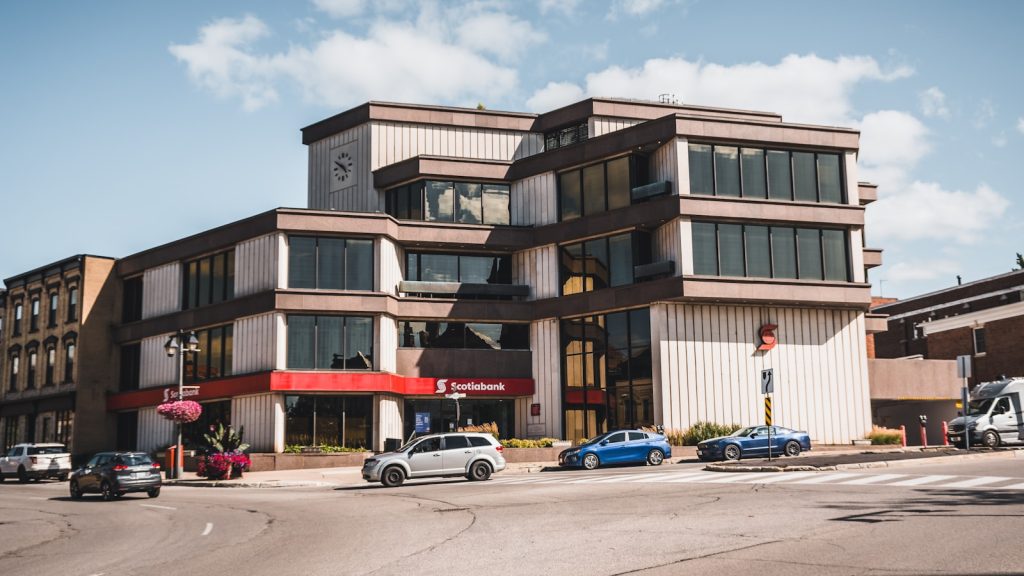 Commercial leases in Nigeria are agreements between landlords and businesses to rent commercial property. Businesses often lease rather than buy property because leasing requires less capital. Commercial leases are more complex than residential leases since the terms are negotiable and vary greatly between leases. Before signing a commercial lease, it is important for both parties to understand the rights, responsibilities, and lease terms that will define their agreement. The duration of a commercial lease depends on the understanding between the involved parties. For state-granted property benefits, the cautionary period for the state as grantor is typically a period not exceeding 99 years.
Commercial leases in Nigeria are agreements between landlords and businesses to rent commercial property. Businesses often lease rather than buy property because leasing requires less capital. Commercial leases are more complex than residential leases since the terms are negotiable and vary greatly between leases. Before signing a commercial lease, it is important for both parties to understand the rights, responsibilities, and lease terms that will define their agreement. The duration of a commercial lease depends on the understanding between the involved parties. For state-granted property benefits, the cautionary period for the state as grantor is typically a period not exceeding 99 years.
Commercial leases often contain clauses that outline the rights and responsibilities of both the landlord and tenant. Key clauses may cover the following:
– Identification of the Parties: Full legal names and addresses of the landlord and tenant.
– Description of the Premises: Details like address, unit number, floor, and square footage help identify the exact space being leased.
– Lease Term: Specifies the duration of the lease and start and end dates. Fixed-term leases expire automatically with no automatic renewal.
– Permitted Use: Defines the allowed uses for the space. Other prohibited uses may also be outlined.
– Rent: Specifies the base rent amount and how/when it will be paid.
– Taxes: Stipulates which taxes, like VAT, will be paid by each party.
– Rent Increases: If applicable, outlines when and how much rents can be raised.
– Security Deposit: Lists the refundable deposit the tenant pays to cover potential damages.
– Maintenance and Repairs: Details which party is responsible for maintenance, repairs, and associated costs.
– Insurance Obligations: Requires tenants to carry liability insurance and possibly other policies.
– Compliance with Laws: Requires the tenant to comply with all applicable laws related to the use of the property.
– Quiet Enjoyment: Provides that the tenant can peacefully occupy the space as long as they pay rent and follow the lease.
– Option to Renew: Gives the tenant the option to renew the lease for an additional term.
– Damage or Destruction: Outlines rights and obligations if the property is damaged. Usually the lease continues unless restoration is not feasible.
– Assignment and Subletting: Requires the landlord’s consent for the tenant to assign the lease or sublet the space.
Commercial leases in Nigeria typically have long rental terms, often starting at three years or more. While long-term commercial leases may not suit every company, they can be an ideal solution for some. This overview highlights key clauses in commercial lease agreements, but is not exhaustive. Prospective commercial tenants are advised to retain a real estate Lawyer to negotiate all lease terms and provide counsel.
The information provided in this article aims solely to educate readers generally.it does not establish an attorney-client relationship with our law firm or constitute legal counsel. Please contact us directly for any specific legal assistance required.
